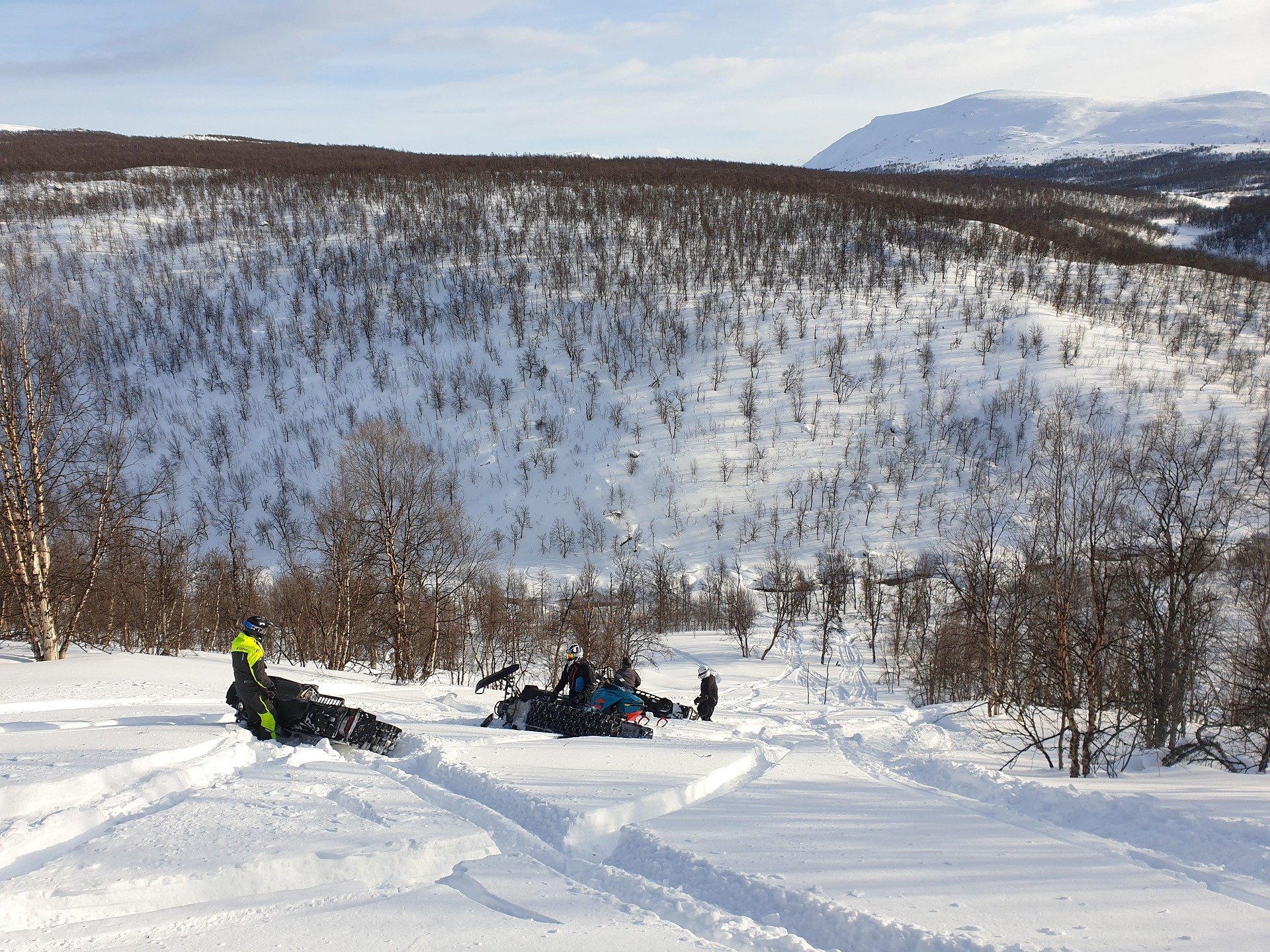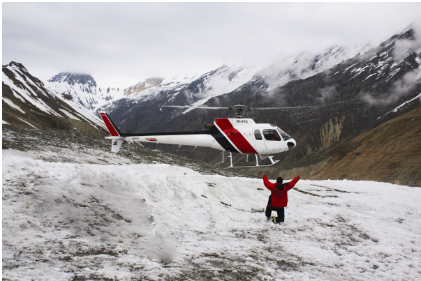Are your students safe when they study abroad? According to an article today in USA Today, programs are not doing nearly enough to mitigate the many risks facing college students who enroll in study abroad programs.
The author recounts the story of Jenee Klotz, an American student who was sexually assaulted while studying in Jamaica, and whose program director allegedly dropped her off at the airport the next day “still wearing pajama bottoms and with dried blood on her neck and chest.”
Then there were the eight University of Washington students in Ghana who had to request a medical evacuation when they contracted malaria and dengue fever. After complaining that the university did not do enough to safeguard their health, they were awarded a partial refund. (The article did not point out specifically if they had paid for the medical evacuation itself, which can cost uninsured parents tens of thousands of dollars.) As a result, the UW faculty received more training in this sort of crisis response.
These universities may have suffered a slap in the face, but at least their programs did not face the sort of lawsuits brought by the parents of four students who died in a bus crash in India in 1996. Or by the parents of a 16-year-old who sued the programs who ran his high school exchange, after one of the leaders supposedly denied his request for medical help. The boy died of complications arising from his diabetes.
As much as school programs now realize that protecting their students abroad includes having a comprehensive medical evacuation plan, the reality is that few university professors and program directors are prepared to deal with serious medical emergencies.
“I discovered that it was impossible to rely fully on my university to take care of me,” recalled Rebecca Orozco, a University of Southern California student who suffered irreparable damage to one of her bones after a nightmarish scenario in a hospital in southern Spain. She was hit by a car, broke her pelvis in two places, fractured one of her vertebrae and dislocated her elbow, and faced substandard care.
“The summer program director, along with my university, could only assist to a certain extent and the majority of the responsibility fell on the shoulders of my parents and myself,” she said.
Even if the program has insurance for a medical evacuation or security evacuation, professors and directors rarely have the time and experience to coordinate their student’s healthcare or safety when the worst happens. This exposes their programs to significant liability.
Following the number of suits filed against study abroad programs were calls for legislation that would clearly outline their liability in these cases, but colleges successfully argued that such laws would kill the concept of study abroad altogether.
Terry Hartle of the American Council on Education, which represents higher education in Washington, was quoted in the article as saying: “We want students to study abroad … and we want them to be safe. But if we wanted to send students to places where we were sure nothing bad could ever possibly happen to them, we probably wouldn’t send them anywhere.”
Of course, no program can absolutely guarantee the safety of their students in Moscow or Cairo any more than they can guarantee their safety in Memphis or Kalamazoo. But they can take steps to protect their health and security abroad by enrolling in Global Rescue, and in the process protect themselves legally.
To learn more about how Global Rescue can provide critical emergency resources to your student, child or study abroad program, please explore our website.
Related Posts

Mar 26, 2025 5 mins read
Mission Briefs: Global Rescue In Action – Issue 56

Mar 18, 2025 5 mins read
From Aconcagua Summit Dreams to Slopeside Survival: Nicole Lynch’s Unforgettable Airborne Rescue

Mar 05, 2025 3 mins read
Mission Briefs – SOS In Action: Issue 3

Feb 28, 2025 6 mins read
Medevac: The Critical Role of Rescue Helicopters in Emergency Medical Evacuations

Feb 21, 2025 5 mins read
Mission Briefs: Global Rescue In Action – Issue 55

Jan 24, 2025 5 mins read
Mission Briefs: Global Rescue In Action – Issue 54

Dec 20, 2024 6 mins read
Mission Briefs: Global Rescue In Action – Issue 53 – The Himalaya Special Edition

Dec 04, 2024 5 mins read



